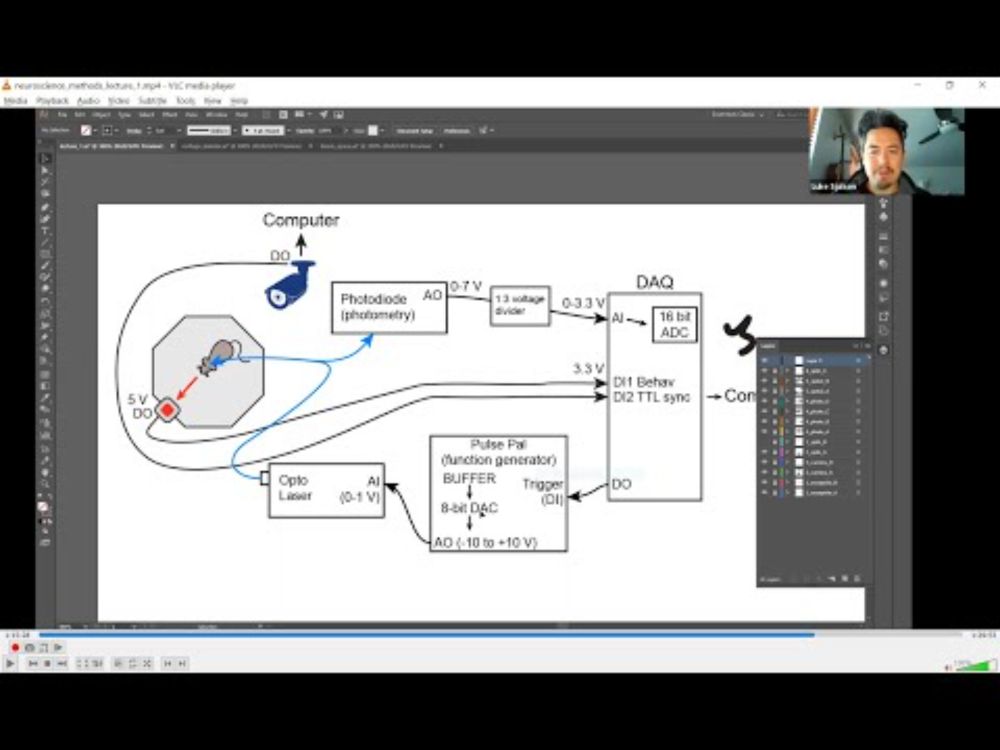Luke Sjulson
@lukesjulson.bsky.social
4K followers
2.3K following
400 posts
MD/PhD neuroscientist/psychiatrist. Decision-making, addiction, multi-region ephys and imaging in vivo, novel optical methods for spatial transcriptomics https://sjulsonlab.org
Posts
Media
Videos
Starter Packs
Reposted by Luke Sjulson
Reposted by Luke Sjulson
Reposted by Luke Sjulson
Kieran Healy
@kjhealy.co
· 4d
Reposted by Luke Sjulson
Reposted by Luke Sjulson







